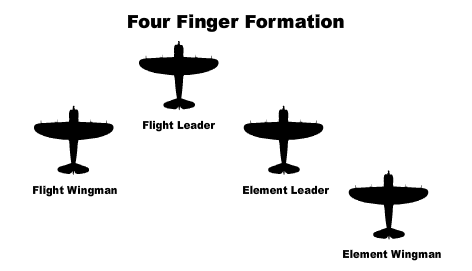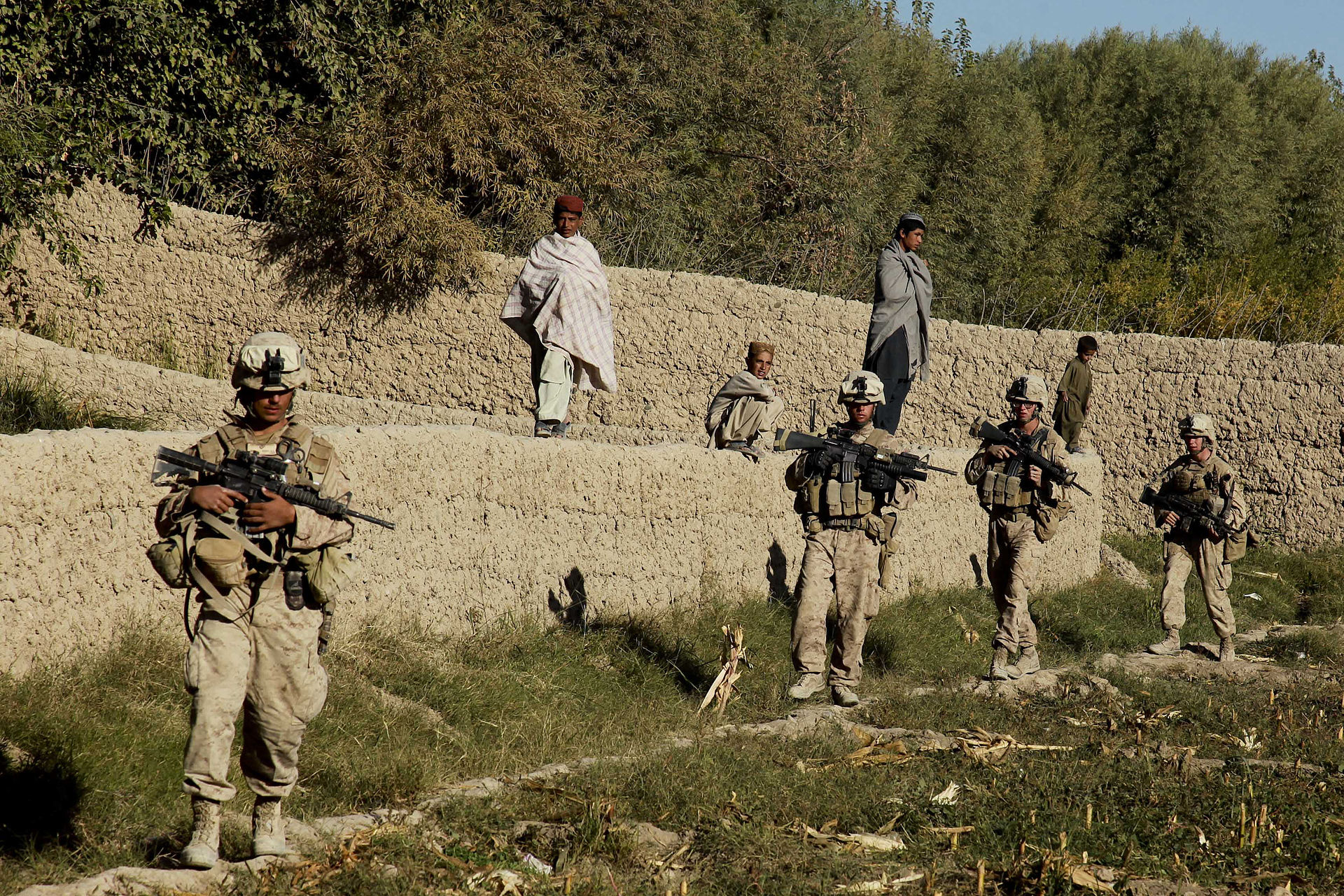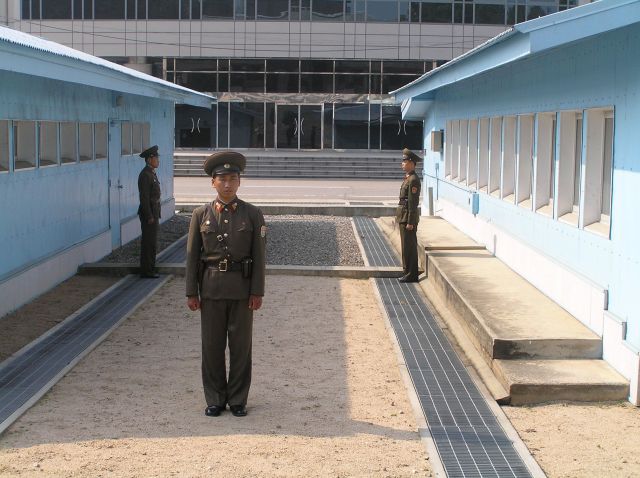To all said before I would like add other aspects:
Being dystopian, facist and restrictive state, nearly everyone hate the goverment (more or less) but is afraid to say so, as not only him, but all his relatives and friends could suffer for that. Economy is bad (and could not be good, whatever propaganda says).
Crime is officially hard punished and nearly nonexistent, but really "small fries" are usually left to live, as they can be usefull (obtaining prohibited or normally "out of stock" goods and services - from drugs, prostitution and such to foreing magazines, music, electronics, money ... - not only for "elites" but for potentially everyone) and could be forced to bring info to police and incriminate anyone needed (be it true or false accusation). (Goverment knows, that it cannot have all people totally clean and agreeing from heart, so it wants to have everybody "just a little quilty" and agreeing from fear - and also cooperating in "inteligence/big brother" activities incriminating other to avoid being acused personally - "we know, that you are quilty and you know it too, but prove us, that you are loayal, and we may close eye on you just for today..." - or, if he is not wanted "big criminal was found guilty under paragraph ... and ... and is sentenced to ... and our police have another big victory" )
Police is govermental force and is feared and hated, so there must be a lot of police to have power to suppress visible unrest. And being hated and uderfunded, police can have lot of under-average man/women (where just food and power over civil is sufficient to keep them) but just few above-average (who usually have else better choise or are too individually strong to be reliable and usable - except psychopats, ofc.) And goverment also does not trust police-persons, while it needs big police anyway.
So typical policeman is undertrained, not much educated and politically untrustable, but in big armor and with big batton/gun to be feared as long, as there is with police, in group, but simply crushable, when it goes away. (No Rambo, because it he leaves police and turn sides, he must be destroed fast, by other untrained policeman and could not be self-reliable, nor helped by public).
And so there is need "big group" of policemen to be able overpower say two manually working drunks with muscles and little pub-fighting experience.
(Two drunks are not "mass resistence" so police patrol should be able take them down. Four can be called "organized crime group" or so and more patrols can be called without looking too weak).
So as two drunks are just too few to make group, they could be real risc to only two or three underaverage policeman and it is not acceptable, as police MUST look as strong. So there must be at least four in patroll, in big bad-ass black armor and helmets and such.
And ofc. four can be rotated and kept from conspirating as mentioned all around.
(Goverment have trained squads of real professionals but they are expensive to maintain and keep loyal so it is not street patrol material. There is few uninits in each city and they fight the real crime. And they are also not trusted and so there are few really elite units in each state, even more expensive and even more rare to see and more feared - mostly talked about as matter of urban legends, then as pure mortals)



